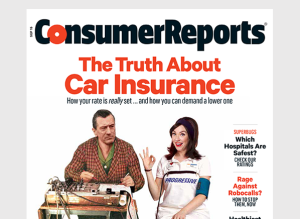 Today’s top story: What you cannot ignore on your retirement statement. Also in the news: How to improve your finances in a single day, how teens can save money on car insurance, and why mental accounting can be dangerous.
Today’s top story: What you cannot ignore on your retirement statement. Also in the news: How to improve your finances in a single day, how teens can save money on car insurance, and why mental accounting can be dangerous.
4 Things You Can’t Ignore on Your Retirement Statement
Pay close attention.
10 Ways to Improve Your Finances in One Day
It only takes a day!
One way teens can actually save on car insurance
Letting your teen behind the wheel doesn’t have to cost a fortune.
Be Aware of “Mental Accounting” When You Save Money on a Purchase
Convincing yourself you’re saving money is a big mistake.
5 Simple Ways to Save Money as a New College Student
The more they save, the fewer times they’ll call looking for money.







